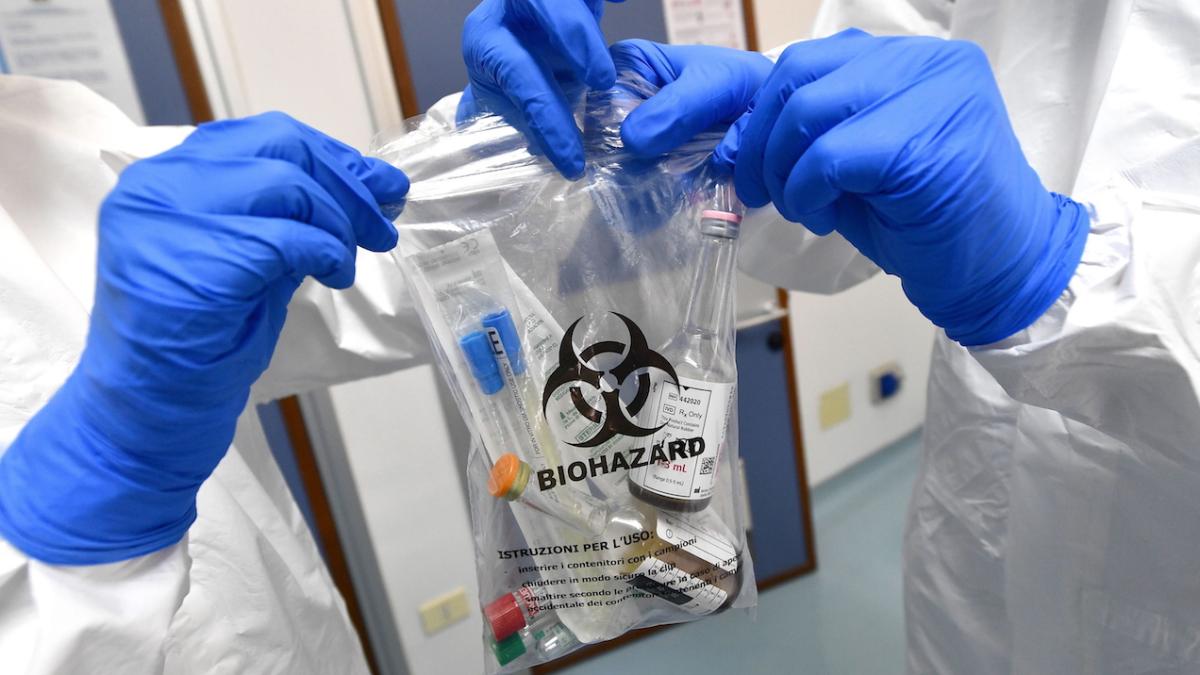
The World Health Organisation (WHO) has declared the novel coronavirus (nCoV) outbreak a public health emergency of international concern, marking only the fifth time in the past decade the UN body has made such a declaration.
In a statement released overnight, WHO officials said the virus, which has killed 171 and infected more than 8,200 worldwide, now constitutes a crisis worthy of global response.
“It is expected that further international exportation of cases may appear in any country,” the WHO said.
“Thus, all countries should be prepared for containment, including active surveillance, early detection, isolation and case management, contact tracing and prevention of onward spread of 2019-nCoV infection, and to share full data with WHO.”
The organisation called on the international community to continue researching the virus’ full potential for human-to-human transmission and any potential treatments, along with identifying the precise source of the outbreak.
WHO Director-General on the declaration of coronavirus as a public health emergency: “Our greatest concern is the potential for the virus to spread to countries with weaker health systems and which are ill-prepared to deal with it.” https://t.co/UixN993NPy pic.twitter.com/JuoCQjS17H
— ABC News (@ABC) January 30, 2020
The WHO praised the transparency of the Chinese government after the virus appeared to emerge from the nation’s Hubei province.
“The measures China has taken are good not only for that country but also for the rest of the world,” the statement reads, praising “the actions China has taken on the frontlines of this outbreak, with transparency, and, it is to be hoped, with success.”
But there’s still much work to be done.
Australia, which now hosts nine confirmed cases of nCoV, has announced plans to evacuate some of the 600 Australian nationals in the locked-down Hubei province and quarantine them on Christmas Island.
That measure has received praise and criticism. In a statement, Professor Raina MacIntyre, Head of the Biosecurity Research Program at UNSW’s Kirby Institute, said the “sensible” idea beats quarantining evacuees on the mainland, “which is less reliable and harder to manage with people scattered around the country.”
But Associate Professor Ian Mackay at UQ’s Australian Infections Diseases Research Centre disagreed, echoing concerns the Christmas Island detention centre is ill-equipped to handle the quarantine.
“What remains unclear is whether the facility could manage severe disease and whether it will have enough expert medical professionals who are prepared for the infection control challenges presented by this respiratory virus,” he said.
The WHO urged that “any travel measures taken” must be run by the organisation, and cautioned against “actions that promote stigma or discrimination.”
Previous declarations of a public health emergency of international concern include the 2009 swine flu pandemic, the West African Ebola outbreak of 2013-2016, the resurgence of polio in Pakistan in 2014, the Zika virus outbreak of 2016, and the continuing fight against Ebola in the Democratic Republic of Congo.



